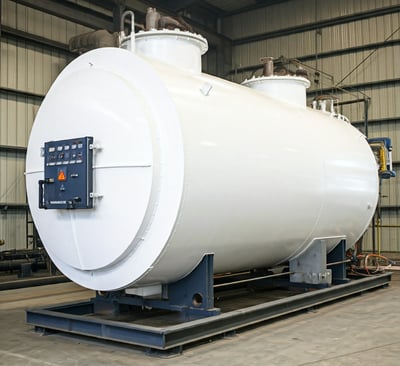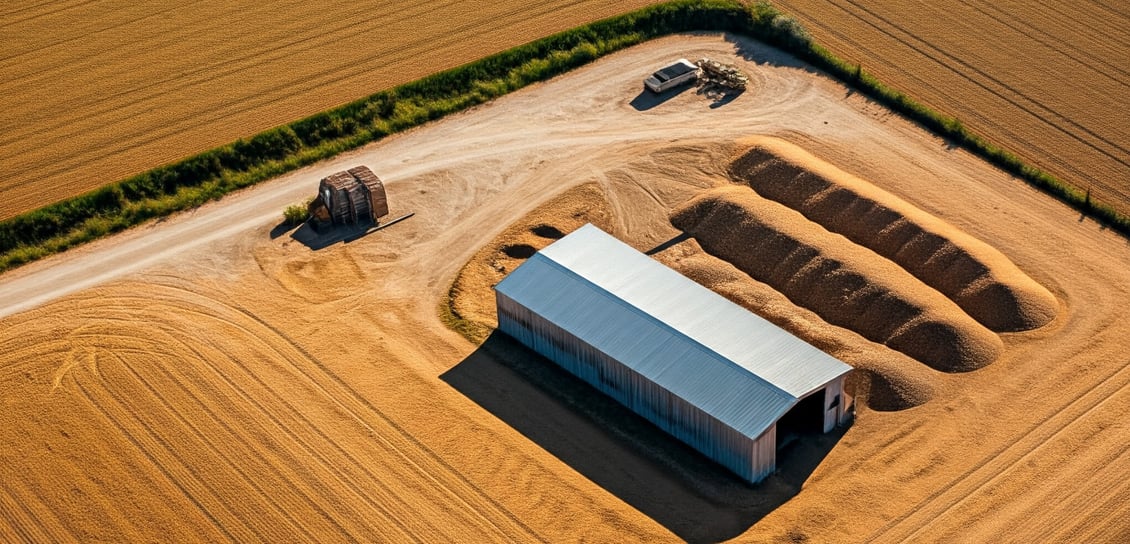Biomass Boilers
In recent years, there has been a significant shift toward sustainable energy sources, especially in industrial applications. Biomass briquettes and pellets, made from compressed agricultural residues and other organic materials, have emerged as viable alternatives to traditional fossil fuels. The transition to these biomass fuels not only helps in reducing environmental impact but also enhances the efficiency of boiler systems. This article explores how the use of biomass briquettes and pellets can significantly improve boiler efficiency and contribute to overall energy savings.


Boiler Efficiency
Boiler efficiency is defined as the ratio of useful energy output to the energy input, typically expressed as a percentage. Higher efficiency indicates that more of the energy from the fuel is converted into usable steam or hot water, reducing waste. Traditional fuels like coal and oil have specific combustion characteristics that can lead to inefficiencies. According to the U.S. Department of Energy, traditional fossil fuel boilers can operate at efficiencies between 70% and 80%. In contrast, modern biomass boilers can achieve efficiencies of up to 90% or more, particularly when using high-quality biomass briquettes and pellets.
Calorific Value
Biomass briquettes and pellets possess a high calorific value, which is essential for efficient combustion in boiler systems. The calorific value of these biomass fuels typically ranges from 3500 to 4500 kcal/kg, depending on the raw material used. For instance, briquettes made from sawdust can have calorific values up to 4000 kcal/kg. This high energy content ensures that less fuel is needed to produce the same amount of heat, thereby increasing boiler efficiency. A study published in the Journal of Cleaner Production found that using biomass briquettes and pellets could improve boiler efficiency by 10-15% compared to conventional coal.


Cost & ROI
Switching to biomass briquettes and pellets can also provide significant cost savings in the long run. Although the initial investment in biomass boiler systems may be higher than traditional fossil fuel systems, the operational savings due to increased efficiency and lower fuel costs can lead to a quicker return on investment. The International Renewable Energy Agency (IRENA) estimates that transitioning to biomass could reduce fuel costs by up to 30% compared to coal or oil. This cost-effectiveness makes biomass briquettes and pellets attractive options for industries looking to optimize their energy consumption.
Conclusion
The use of biomass briquettes and pellets in boiler systems offers numerous advantages, including enhanced efficiency, cleaner combustion, and reduced operational costs. Transitioning from fossil fuels to biomass fuels allows industries to contribute to environmental sustainability while achieving significant financial savings. As the world seeks cleaner energy solutions, biomass briquettes and pellets stand out as viable alternatives that benefit both businesses and the environment. Continued research and supportive policies will drive their adoption, solidifying their role in a sustainable energy future.


